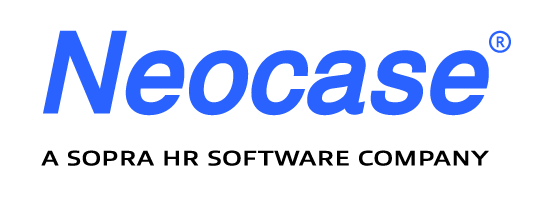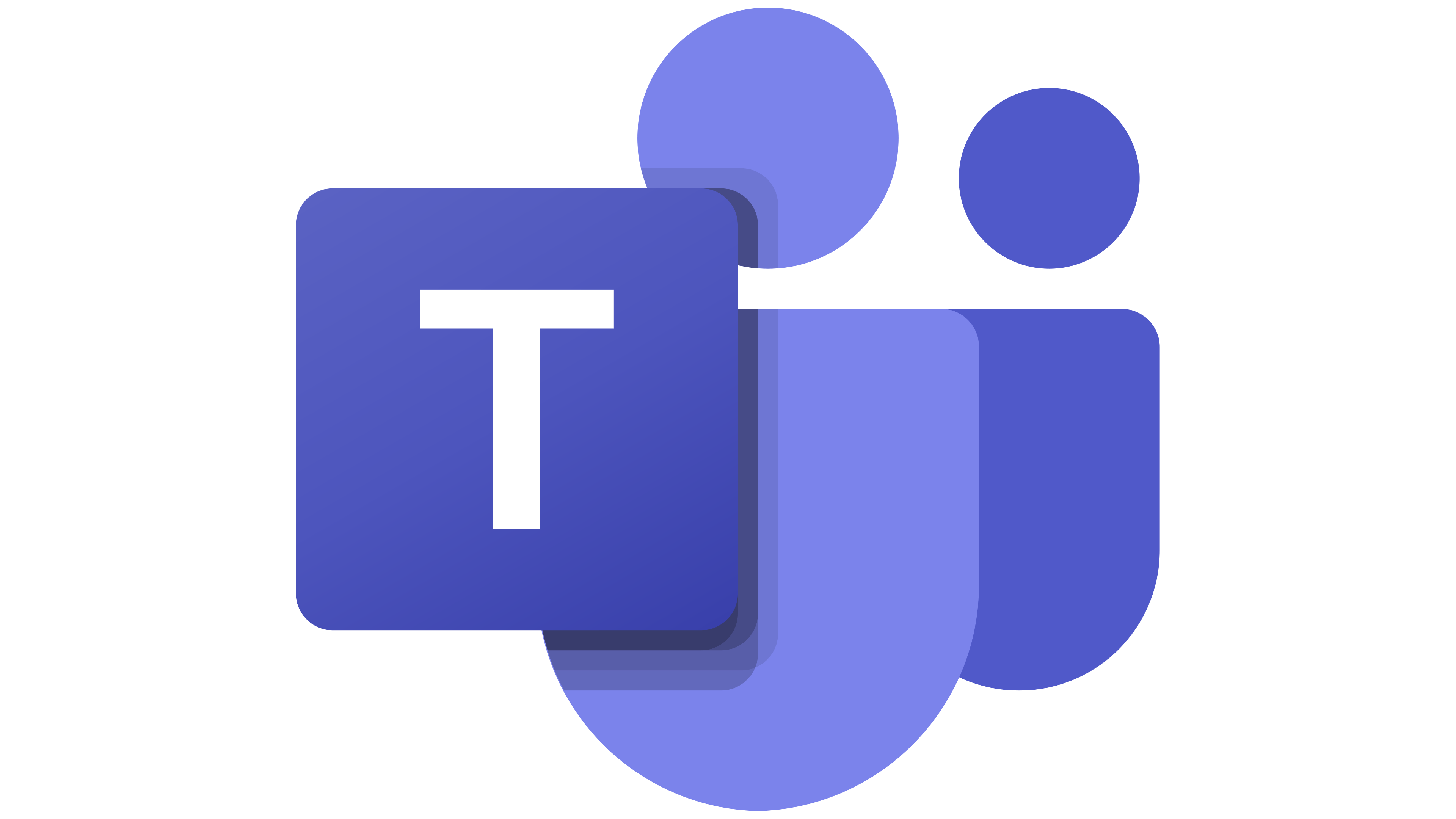When you’re online searching, shopping or just plain browsing, have you noticed how many product and service offerings and ads that appear which seem to be geared to your preferences? That’s digital personalization at work. Behind-the-scenes algorithms are using personal information based on your search and purchase history to present options tailored specifically to you. A personalized Knowledge Base (KB) works in a similar way.
A Knowledge Base is one of the keys to automating the online experience by accessing stored profile information in an effort to present pertinent information based upon an individual’s preferences. KB is the evolution of traditional database technology – building upon and leveraging the data stored in intelligent ways to provide targeted results.
Knowledge Base technology can be a boon to helping sift through volumes of information and delivering just the results that you seek.
Delivering personal results via computer, tablet and mobile devices is big business and organizations are actively seeking proactive solutions to help meet their audiences’ needs. Personalization strategy firm Optiverse says, “Personalization is a powerful way to communicate empathically with your customers and tailor your business to their particular needs. A personalization strategy allows you to identify segments of visitors with distinct preferences or needs, then create targeted experiences for them,” from ‘Personalization Strategy Essentials.’
Gathering and analyzing customer and prospect data is of course essential to delivering tailored results. By connecting data-driven insights with user profile information, messaging can be customized to cater to individual behaviors and expectations. By personalizing results in this manner, online visitors receive much more pertinent information than provided by random searches.
Call to Action. Delivering the best results isn’t enough, especially if your goal is to find out if you’re best serving your customers’ needs. Surveys and request information, presented in a proactive manner, provide easy-to-use, built-in next steps for site visitors. For instance, in the case of a firm using an HR knowledge base for its workforce; surveys provide critical employee feedback gauging how the company is perceived and what adjustments may be made for better employee satisfaction and engagement.
As we’ve evolved from the industrial age to the information age within the past century, the volume of and our access to news and information has greatly increased. The delivery of the right information to individuals through knowledge base personalization takes the voluminous fire hose of data - down to a more manageable level from which to quench our thirsts for knowledge. Knowledge base, it's all in the knowing !

 Microsoft Teams
Microsoft Teams
 Workday
Workday
